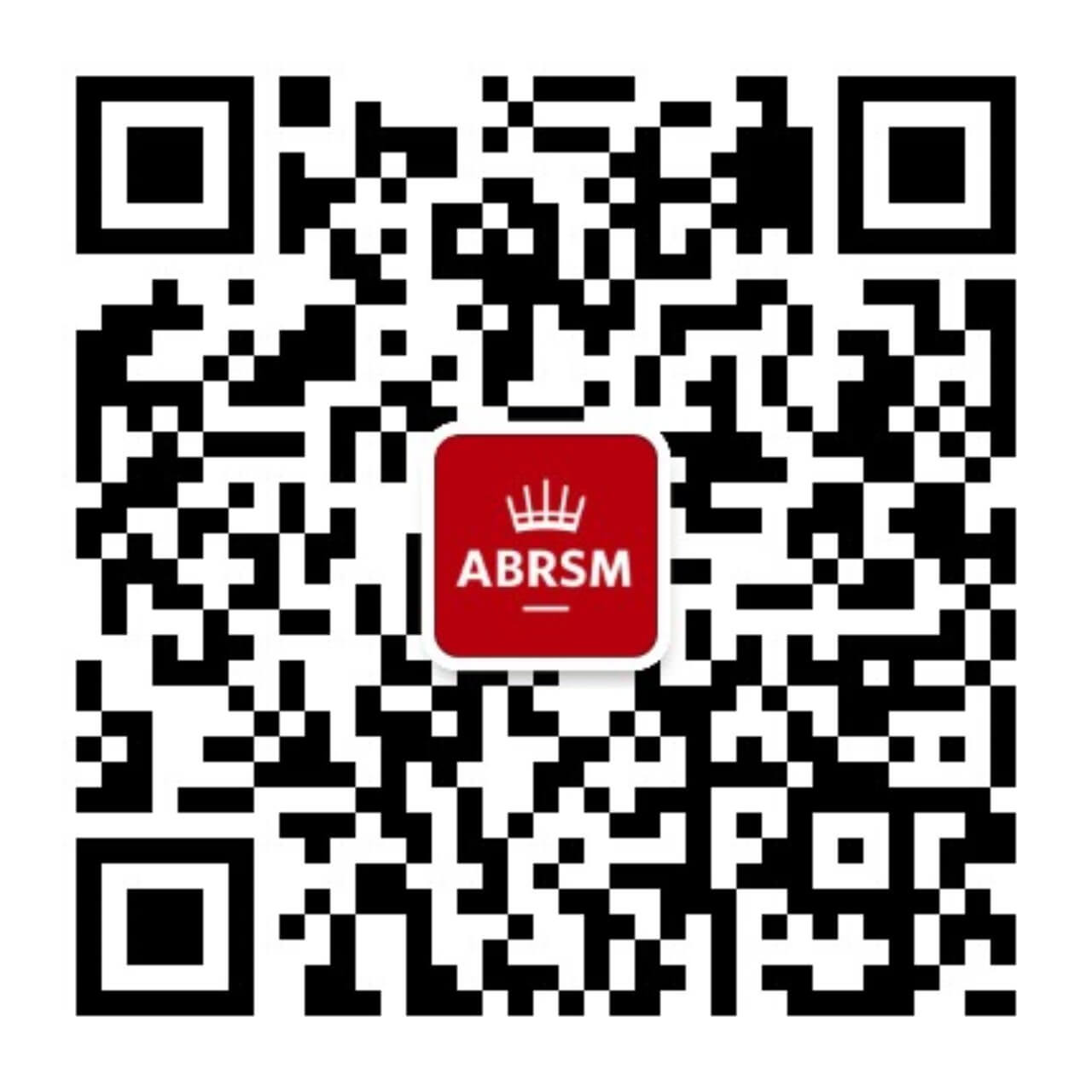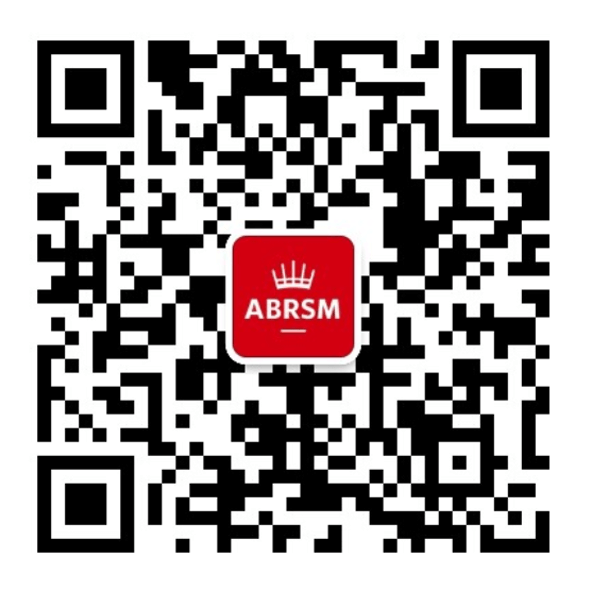转自ABRSM英皇考级中国官网,点击网址跳转查看原网站。
https://cn.abrsm.org/en/exam-booking/specific-needs/
Our policy
We have made changes to our policy for candidates with specific needs with effect from 2019. Please take the time to read the policy before making exam entries for candidates who require access arrangements or reasonable adjustments.
The policy is available in alternative formats upon request.
Key points to remember:
- All applications for access arrangements and reasonable adjustments must be submitted at the time of entry and before the entry closing date.
- Applications must be made each time the candidate is entered for an exam.
- We will be unable to accept any late applications so please make sure you check if your candidate needs an access arrangement or reasonable adjustment before you make their entry.
- If changes are made to an entry after the entry closing date, we will not normally be able to transfer any access arrangement or reasonable adjustment to the updated entry.
If you have questions relating to access arrangements or reasonable adjustments, you may find the answer in our FAQs below. Alternatively, please contact the Access Coordinator on the details at the bottom of this page.
Access Arrangements and Reasonable Adjustments Policy 2019 (PDF)
FAQs Access Arrangements and Reasonable Adjustments (PDF)
Guidelines
- Fair access information for deaf and hearing-impaired candidates
- Fair access information for blind and partially-sighted candidates
- Fair access information for candidates with autistic spectrum disorders (ASD)
- Fair access information for candidates with dyslexia, dyspraxia or other learning difficulties
- Fair access information for candidates with other disabilities and their teachers
- Fair access information for candidates using an amanuensis
ARSM exams
ARSM involves no supporting tests, or anything which requires candidates to respond to questions from the examiner, so extra-time allowances are not normally needed. However, if a candidate has access requirements that the examiner should be aware of, please contact our Access Co-ordinator at the time of entry with the relevant details. We will then liaise with the applicant, the examiner and the exam venue to ensure that all appropriate arrangements are made.
Applicants are also welcome to contact the Access Co-ordinator before making an entry, for further information or to discuss arrangements.
Deaf and hearing-impaired candidates are welcome to bring a sign-language interpreter. We do not need prior notification of this.
Specific needs codes (non-UK)
|
Code |
Description |
|---|---|
|
A |
for an amanuensis (Theory) |
|
B |
for Braille memory test in place of sight-reading or Braille Theory paper (if an amanuensis is also required, please attach a separate note) |
|
C |
for candidates with Autistic Spectrum Disorders |
|
D |
for candidates with Dyslexia, Dyspraxia or other learning difficulties |
|
I |
for candidates who will be bringing an interpreter (Practical). A candidate who is not comfortable using English is allowed to bring an independent person as interpreter – Regulation 13 (b) |
|
L |
for large notation Practical sight-reading test or large print Theory paper |
|
M |
for large notation memory test (Practical) |
|
P |
for modified staff notation sight-reading test (Practical) |
|
Q |
for modified staff notation memory test (Practical) |
|
R |
for the aural repetition test in place of the sight-reading test (Practical) |
|
S |
for special aural tests for hearing impaired candidates (Practical) |
|
T |
for a translation of the Theory paper (local language – specify language required) |
|
U |
for a translation of the Theory paper (non-local language – specify language required) |
|
X |
for Theory candidates who are unable to sit an exam on the published date for religious reasons |
For candidates with other specific needs please see Regulation 18.









